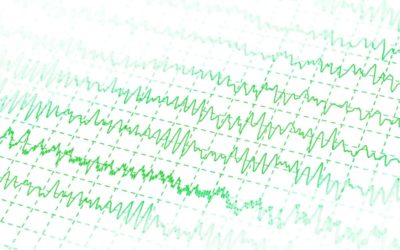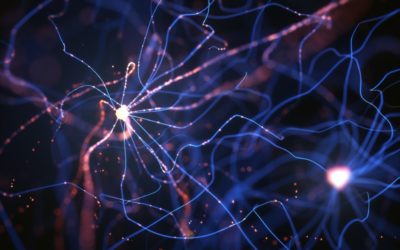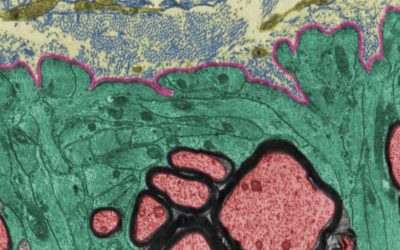Quick Hits
Daily brief research updates from the cognitive sciences

Sleeping well is essential to brain health
I’ve reported many times on different aspects of sleep and how important this is for health in general and for brain health in particular. You can go here for a short review of all the good things sleep does (and the bad things deprivation does!).
However, some people seem to manage perfectly fine on as little as four hours of sleep a night and this is what the researchers at the University of California wanted to know more about.
They have studied people with Familial Natural Short Sleep (FNSS) and identified five genes that contribute to this. And indeed, in this study, with mice it must be said, those with these genes seem to be immune to the degeneration and increased risk of neurodegenerative disorders that is normally associated with sleep deprivation.
This shows that the amount of sleep we need is genetically different, and those short sleepers can reap the benefits of a good night’s sleep in as much as half the time as others. However, be warned of convincing yourself that you are a short sleeper, if you are not, it will be bad for your brain.
But the takeaway is that sleep patterns are driven by genetics, and you will have to find out what works for you best.
My experience tells me that 7.25 hours is what I need, and that is what I try to get…with some natural variation of course. And more research (published after I had written the above) has shown how much this is. I seem to be pretty spot on with my sleeping habits!

Andy Habermacher
Andy is author of leading brains Review, Neuroleadership, and multiple other books. He has been intensively involved in writing and research into neuroleadership and is considered one of Europe’s leading experts. He is also a well-known public speaker speaking on the brain and human behaviour.
Andy is also a masters athlete (middle distance running) and competes regularly at international competitions (and holds a few national records in his age category).
Reference
Qing Dong, Nicholas W. Gentry, Thomas McMahon, Maya Yamazaki, Lorena Benitez-Rivera, Tammy Wang, Li Gan, Louis Ptáček, Ying-Hui Fu.
Familial natural short sleep mutations reduce Alzheimer pathology in mice.
iScience, 2022; 103964
DOI: 10.1016/j.isci.2022.103964
More Quick Hits
Espresso Combats Alzheimer’s
Quick HitsDaily brief research updates from the cognitive sciences ay, more good news for us coffee drinkers! I am always interested in the research that is coming out with regard to coffee as a coffee drinker. Yes, so I am biased. Coffee had been...
New Brain Signature of Empathy Discovered
Different areas of the brain are associated with empathy – this new research shows how brain regions synchronise to induce empathic responses.
How Your Silent Synapses Boost Brain Power
A new form of “dark matter” has been proven to exist in the brains of adults – that’s good news!
Scientists Say They Know the Secret to Waking Up Alert
Who doesn’t want to wake up alert and sprightly – researchers may have the answer…
How Your Brain Slows You Down When You’re Sick
We all know that feeling of wanting to curl up and sleep when sickness hits – but how that is controlled was unknown. Until now that is…
How Immune Cells Can Rejuvenate Your Brain
There are many ways to rejuvenate your brain – but this is a new mechanism discovered…






